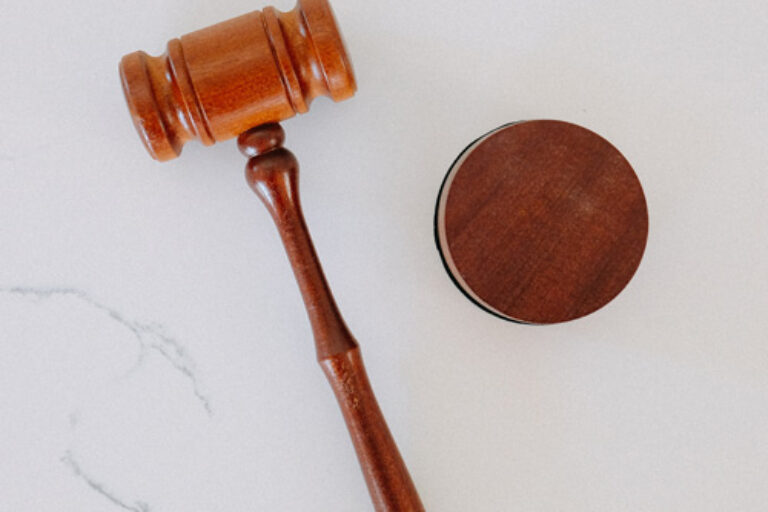Georgia Nuisance Claims
A nuisance occurs when someone uses their property in a way that interferes with the use and enjoyment of the property of others. A nuisance can be caused by many bothersome activities, including noise and noxious smells, or by more serious activities, such as the contamination of waterways and air pollution.
A nuisance can either be public or private. A private nuisance is a substantial and unreasonable interference with the use and enjoyment of land while a public nuisance is an interference with a common right to the general public. Think of all of the problems that have been caused by the contaminated water source in Flint, Michigan recently. The residents of Flint have a common right to clean drinking water. Therefore, the contamination is certainly a public nuisance as many residents are affected by the contaminated drinking water.
Private Individuals can sue and get damages for personal injuries suffered as a result of a private nuisance. For example, if a person misdirects water onto the property of her neighbor, the neighbor can sue for damages. However, if the nuisance is considered a public nuisance, a private individual cannot bring suit. Rather, only public officials or public agencies may bring these types of nuisance actions. For example, if a person lives near a landfill that is burning garbage and it is releasing noxious odors, a public official must bring a claim against the landfill on behalf of the community. After all, we all have a common right to clean air.
However, there are some cases where a private individual can bring a claim for a public nuisance. In these cases, the private individual must show a “special injury” that is not suffered by other members of the public. This “special injury” may occur where the interference with the public right also impairs the use and enjoyment of a private interest in land or where a member of the public suffers an injury which differs markedly from the injuries of the public generally. For example, if the nuisance is the contamination of water in Flint, Michigan, and all residents have a common right to clean drinking water, it would be difficult for a private individual to recover in court unless she could prove a special injury as a result of the contamination that others did not generally suffer. If the private individual could prove that she suffered a particular illness as a result of the contamination that others did not also suffer, she would have a claim and could sue in a nuisance action.
Courts can and do differ with regard to how they interpret what constitutes a “special injury.” Therefore, attorneys representing clients in public nuisance actions must carefully how they can differentiate their clients’ injuries from injuries suffered by the public generally.
1 State Environmental L. § 3:1 (2016)


